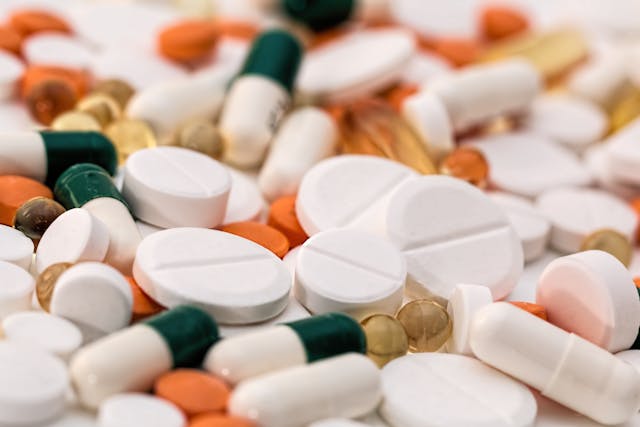
A Crucial Call for Supervision and Prevention
Italy faces a new challenge in the fight against drug trafficking, with the emergence of the Fentanyl alert. This powerful synthetic drug, previously confined mainly to the United States and Canada, has entered our country, raising serious concerns among health and safety authorities. The Ministry of Health, in close collaboration with the Department of Drug Policy (DPA), has called for rapid and coordinated action to address this new threat.
The National Rapid Warning System for Drugs (NEWS-D), under the aegis of the DPA, launched the alert after the discovery of Fentanyl, through analyses conducted by the IstitutoSuperiore di Sanità, as a cutting substance in a seizure of heroin occurred near Perugia. This is unprecedented in the country, underscoring the need for constant surveillance and timely response to new drug threats.
By activating the National Prevention Plan against the improper use of Fentanyl, the Italian government has sent a clear signal: the safety and health of citizens are an absolute priority. This plan provides for the dissemination of the alert to all law enforcement agencies and administrations involved. Data collected by the Central Directorate for Anti-Drug Services of the Department of Public Security reveals the scale of the problem, with 123 grams and 28 tablets of Fentanyl seized in Italy from 2018 to 2023, as well as having been identified in 41 other packaging.
The Ministry of Health reacted promptly, raising the alert for Fentanyl in Italy to level 3 after the Perugia case. An official note, signed by the director of prevention Francesco Vaia, was sent to the Regions, urging them to immediately disseminate the essential information to the departments and services dedicated to addictions. This is a crucial step to inform the people involved about the extreme danger of this substance.
Analysis of the seized sample revealed an alarming composition: Fentanyl constituted 5% of the sample, while heroin represented 50%. But that’s not all: the presence of codeine (30%) and diazepam (15%) adds further complications and risks to public health. These results, communicated through the ministerial note, underlined the importance of close collaboration between the various agencies and institutions involved in the management of this emergency.
The note from the Ministry of Health was not only addressed to local authorities and services dedicated to addictions, but also to a series of bodies and organizations specialized in the field of health and safety. This includes the Technical Group sub-addiction area of the Health Commission, the Carabinieri Command for the Protection of Health, the Anti-Drug Policies Department of the Presidency of the Council of Ministers, the Higher Institute of Health, the National Centre for Addiction and Doping and the Ex General Directorate of Medical Devices and Pharmaceutical Service.
This inter-institutional coordination is essential to ensure an effective and integrated response to this emergency. Only through close collaboration between government agencies, health institutions and law enforcement can we hope to effectively counter the spread of Fentanyl and protect the health and well-being of Italian citizens. In addition to surveillance and prevention actions, it is also essential to invest in education and awareness measures. It is necessary to inform the public about the dangers associated with the use of Fentanyl and encourage more aware and responsible behaviour. Only through collective commitment and increased awareness can we hope to address this threat effectively and protect future generations from addiction and its devastating consequences.
The ever-increasing access to narcotic substances by the world and European population is due to the increasingly lower price that the production of these drugs requires. The quality of new synthetic drugs, often prepared in absolutely non-compliant laboratories, is inversely proportional to the damage caused to the consumer who often does not know the effects, often lethal, of the substance taken.
Alessandro Fiorentino



 Subscribe
Subscribe